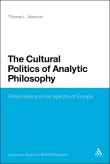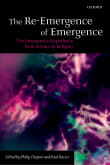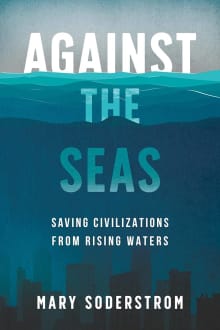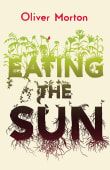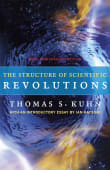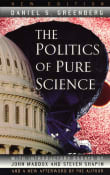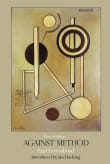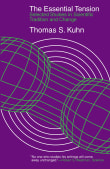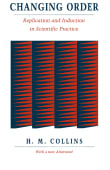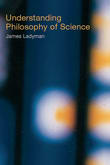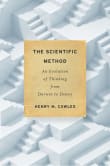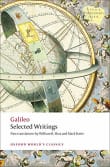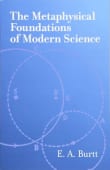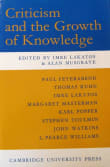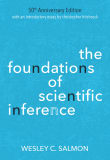How the Cold War Transformed Philosophy of Science
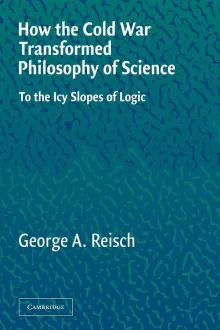
Book description
This intriguing and ground-breaking book is the first in-depth study of the development of philosophy of science in the United States during the Cold War. It documents the political vitality of logical empiricism and Otto Neurath's Unity of Science Movement when these projects emigrated to the US in the 1930s…
Why read it?
1 author picked How the Cold War Transformed Philosophy of Science as one of their favorite books. Why do they recommend it?

My love for this book is grounded by the fact that it shows how logical positivists like Carnap embedded their objections to metaphysics in left-wing policies.
Usually, these policies cannot be attributed to Anglo-American philosophers who published works on metaphysics after the 1950s and whose academic careers “curiously” began to flourish during McCarthyism. That was when the ones with power over universities in the USA persuaded many through not-so-subtle means that “serious” philosophical work can only be done by those who act as if political issues (e.g., McCarthyism) were philosophically irrelevant.
Ultimately, I love this book, for it provides an…
From Felipe's list on the relation between politics and metaphysics.
If you love How the Cold War Transformed Philosophy of Science...
Want books like How the Cold War Transformed Philosophy of Science?
Our community of 12,000+ authors has personally recommended 100 books like How the Cold War Transformed Philosophy of Science.
Browse books like How the Cold War Transformed Philosophy of Science



